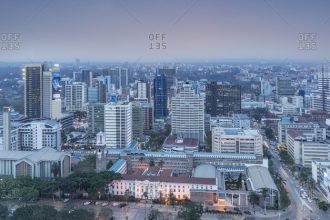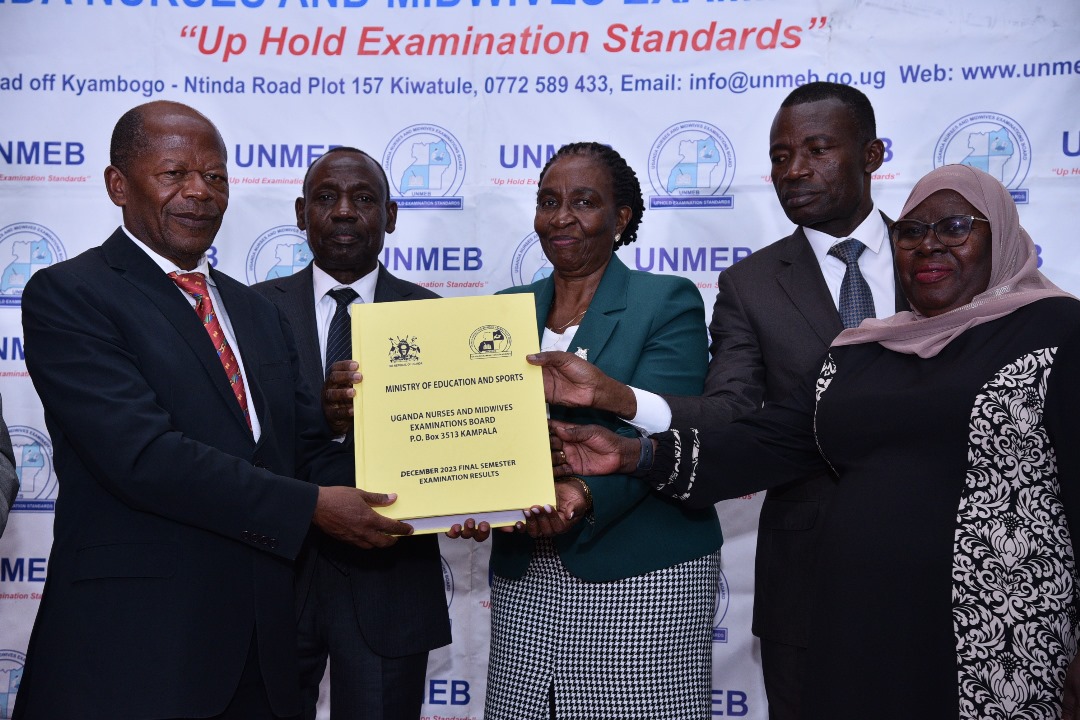The opposition party, in a statement issued by Hon. Robert Centinary, Vice Chairperson of the Forum for Democratic Change (FDC) expressed reservations regarding the recently passed budget for the 2024/2025 financial year. With a total allocation of 72.136 trillion shillings, the budget has raised eyebrows within the FDC due to its perceived misalignment with the needs of the average Ugandan.
One of the primary concerns highlighted by the FDC is the significant allocation of funds towards debt repayment. A considerable portion of the budget is earmarked for servicing both external and domestic debt, raising questions about the direct impact of these expenditures on the lives of ordinary citizens. Specifically, the approved budget allocates substantial sums for various debt-related expenses, including external debt repayment, interest payments, domestic refinancing, and domestic debt repayment under the Bank of Uganda.
The FDC also raised alarm over the practice of domestic borrowing, which has seen the government increasingly turn to local commercial banks for financial support. This trend, driven by Uganda nearing its debt ceiling, is projected to result in domestic borrowing reaching 2.7 trillion shillings. The party argues that this surge in domestic borrowing could exacerbate competition for loans in commercial banks, potentially squeezing out local businessmen and adversely affecting the economy.
Furthermore, the FDC criticized the allocation of funds to non-essential projects, citing examples such as investments in luxury infrastructure projects and vanity projects. The party pointed out instances where significant sums were directed towards initiatives with questionable progress or relevance, such as the Lubowa Hospital project, community mobilization programs, and the non-functional Atiak Sugar project. Additionally, an overemphasis on defense and security spending was highlighted as potentially diverting resources from sectors more critical to the welfare of Ugandan citizens.
In response to these concerns, the FDC proposed several measures to ensure a more people-centric budgeting process. These include advocating for increased transparency and accountability, promoting participatory budgeting to involve citizens in decision-making, and advocating for a re-prioritization of budget allocations towards essential sectors like healthcare, education, and agriculture.
The FDC also expressed apprehension regarding the frequent requests for supplementary budgets by the government, which they believe undermines the integrity and meaning of the budget process. The party outlined various negative consequences associated with excessive supplementary budgets, including lack of fiscal discipline, erosion of budget credibility, overspending, lack of transparency and accountability, and undermining of parliamentary oversight.
To address these issues, the FDC called for measures to strengthen budget planning and forecasting, enhance transparency and accountability in supplementary budget processes, improve parliamentary oversight, and promote fiscal discipline to ensure responsible spending habits and adherence to budgetary allocations.




















